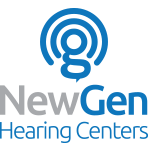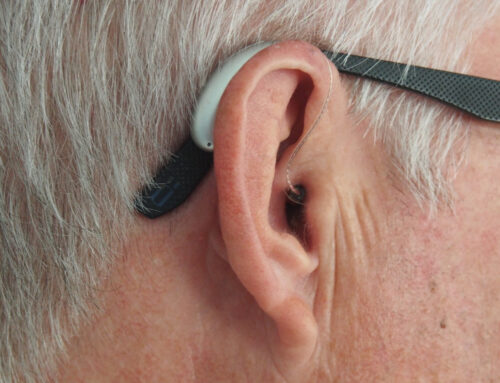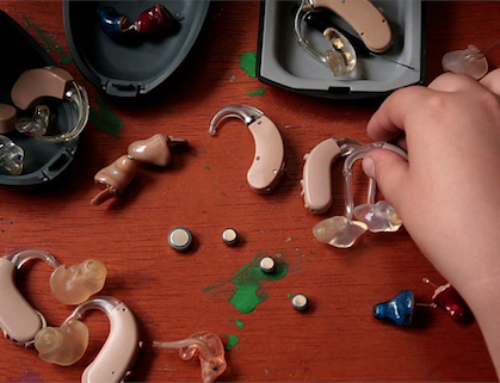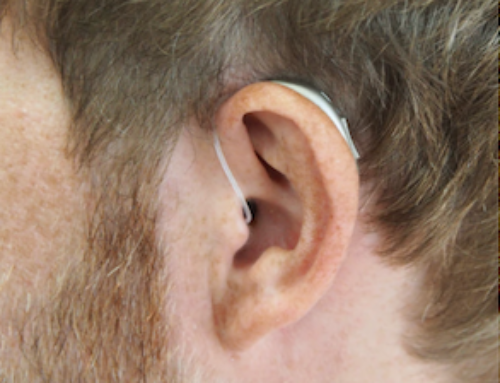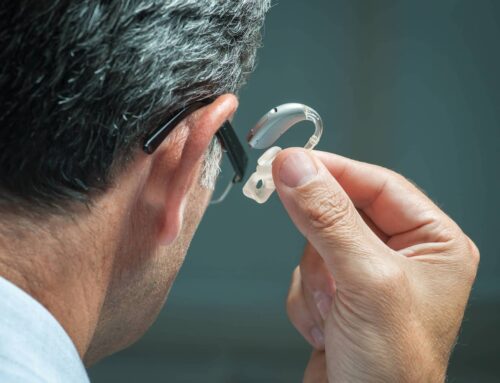Hearing loss is a common condition that affects millions of people worldwide, caused by various factors, from aging and exposure to loud noise to certain medical conditions or genetic disorders.
While the impact of hearing loss on communication and quality of life is well-known, increasing evidence suggests a significant link between hearing loss and dementia.
Dementia is a general term that describes a decline in cognitive function severe enough to interfere with daily life. Alzheimer’s disease is the most common cause of dementia, accounting for up to 70% of cases.
Other types of dementia include vascular dementia, frontotemporal dementia, and Lewy body dementia.
The Connection Between Hearing Loss and Dementia
Research shows that people with hearing loss are more likely to develop dementia than those with normal hearing.
One study published in the Journal of the American Medical Association found that people with hearing loss had a 30-40% greater risk of developing dementia than those without hearing loss.
Another study identified hearing impairment as the most prominent risk factor for dementia among 12 potentially modifiable risk factors, including smoking, depression, and less education. In fact, the study found that hearing impairment was associated with 8% of dementia cases.
So, why does hearing loss increase the risk of dementia?
There are several possible explanations.
- Hearing loss can lead to social isolation and depression. People with difficulty hearing may withdraw from social situations and become more isolated. That can lead to depression, which has been linked to an increased risk of dementia.
- Hearing loss can lead to cognitive overload. People with difficulty hearing must use more cognitive resources to understand speech and follow conversations. That can lead to mental fatigue and cognitive overload, which may increase the risk of cognitive decline and dementia.
- Hearing loss can lead to changes in the brain: The brain is a complex organ that relies on sensory input to function correctly. When people have hearing loss, the brain may reorganize itself in response to the reduced input from the ears, leading to changes in the brain associated with cognitive decline and dementia.
It is important to note that the link between untreated hearing loss and dementia is not fully understood. While evidence suggests a link between dementia and hearing loss, more research is needed to determine the exact nature of the relationship between these two conditions.
Despite this uncertainty, there are steps that people can take to reduce their risk of dementia if they have hearing loss.
Early Detection and Treatment Can Turn the Tables on Hearing Loss and Dementia
Early detection and treatment are the best ways to curb an individual’s risk of dementia caused by hearing loss. According to the American Speech-Language-Hearing Association (ASHA), adults should be screened for early signs of hearing loss at least once a decade up to age 50 and in 3-year intervals after that.
There are several treatment options for hearing loss, including hearing aids, cochlear implants, and assistive listening devices.
Hearing aids are the most common treatment for hearing loss and are effective for many people. Cochlear implants are more invasive but may be the right option for people with severe hearing loss who do not benefit from hearing aids.
Assistive listening devices, such as personal amplifiers and FM systems, can also be helpful in certain situations.
In addition to treating hearing loss, there are other steps that people can take to reduce their risk of dementia. These include staying physically active, eating a healthy diet, getting enough sleep, and staying mentally engaged.
Engaging in mentally stimulating activities, such as reading, doing puzzles, or learning a new skill, has been shown to help maintain cognitive function and reduce the risk of dementia.
Untreated Hearing Loss and Dementia: The Bottom Line
Hearing loss is a common condition associated with an increased risk of dementia. While the exact nature of the relationship between dementia and hearing loss is not fully understood, there is growing evidence to suggest a link.
People with hearing loss can reduce their risk of dementia by treating their hearing loss and engaging in healthy behaviors that promote cognitive health.
By taking these steps, people can maintain their quality of life and reduce their risk of developing dementia.
If you or someone you love shows signs and symptoms of hearing loss, Dr. Joseph K. Durán and Yvette Durán Someillán at New Generation Hearing can help.
New Generation Hearing carries the best hearing aids in Miami, with all the latest and most innovative technologies available.
New Generation Hearing is a full-service audiologist in Miami, offering free consultations. Contact us today to find out if you are eligible for insurance coverage.
In one appointment, New Generation Hearing will perform an audiological evaluation, discuss your hearing aid options and fit and train you on hearing aid use and care.
Contact New Generation Hearing today.
